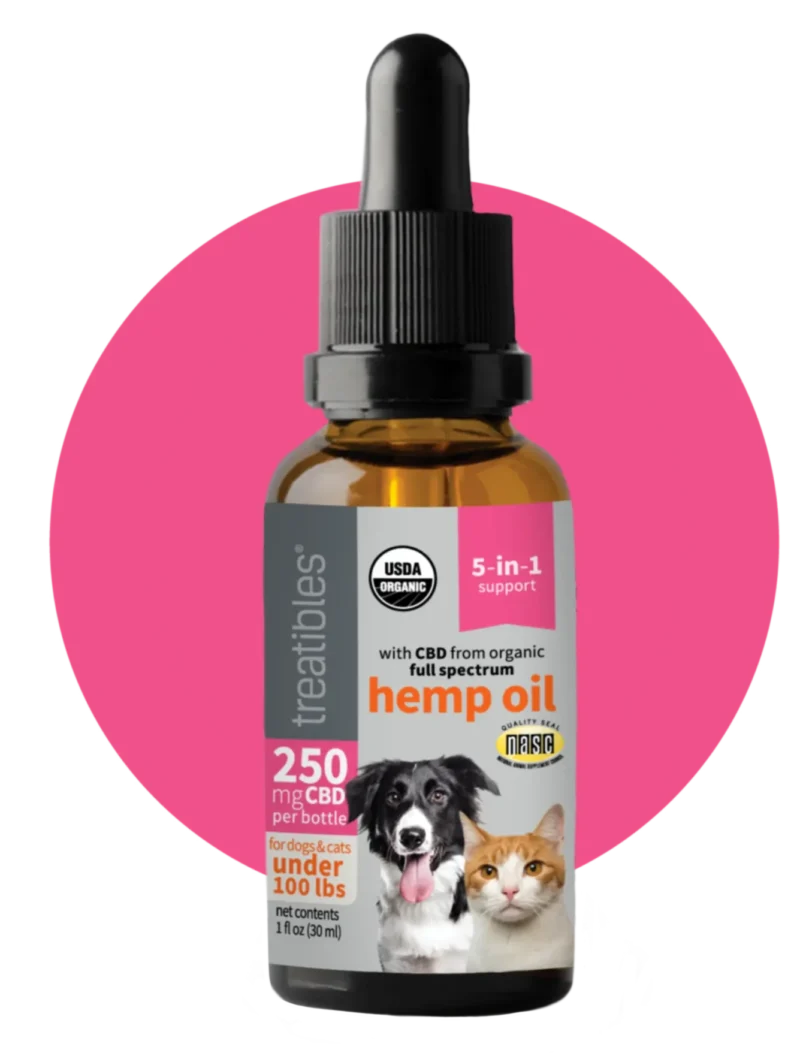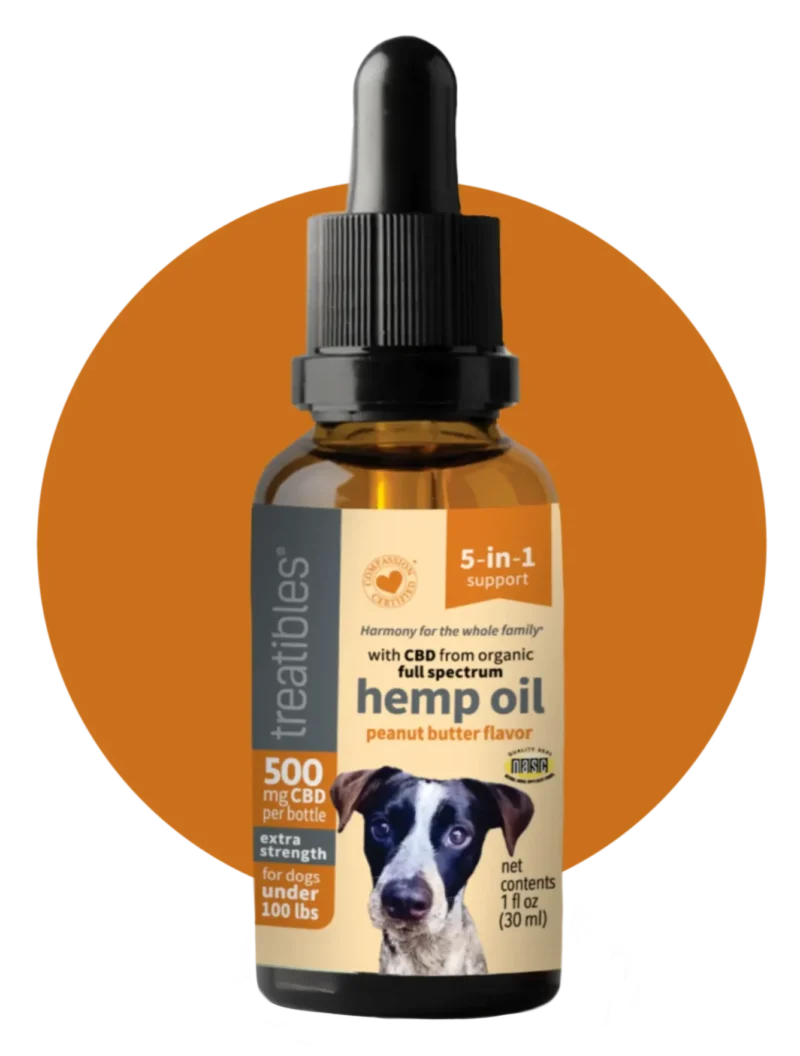Is your cat or dog scratching non-stop? Consider what may be causing their dry, itchy, and irritated skin. In the summer, pet owners are concerned about outdoor allergens. Unfortunately, indoor allergens are also common during the winter. Other issues like dry skin from heaters, irritated skin from salt on the sidewalks, and dampness from carpets and pet bedding can also cause dry skin conditions. It is equally important to pet-proof your home during the winter as it is during the summer.
There are many ways to combat dry and itchy skin in the winter. Before you run to bathe your pet, make sure that you know the cause of their dry skin. What are the symptoms of dry and itchy skin? Red inflamed skin, dandruff, continuous scratching, and skin abrasions are symptoms of dry skin. This condition is called seborrheic dermatitis. When the sebaceous glands produce more oil than usual, this leads to dry and itchy skin in pets. It can also lead to excessive greasiness. Before you start at-home treatments, consult your veterinarian to rule out health conditions that may require specialized treatment.
Here are three tips to help you relieve your pet’s dry winter skin:
- What is the cause? Understanding the cause of your pet’s dry skin is important. In some cases, a bath with gentle shampoo fixes the problem. Other cases require more care. Plausible causes include harsh shampoos, parasites, allergies (food and environmental), yeast or bacterial infection, autoimmune disorders, and indoor temperatures. Excessive bathing will lead to dry skin and irritation and harsh soaps that do not contain moisturizing ingredients contribute to dry skin in pets. Pets with food allergies will experience skin inflammation. This requires a change in diet. There is a strong link between skin conditions and gut health in pets. You may need to add omega-3 fatty acids to your pet’s diet. To avoid skin irritation during winter, it is recommended to adopt a comprehensive approach toward skincare.
- Pet Skincare: Some pet owners do not think they need to groom their pets during the winter. The longer the hair or fur, the more likely you will miss the early symptoms of dry skin in pets. Of course, you do not have to shave all their winter hair off, but you do have to examine their skin the same way you do during the summer. Grooming products you use when it is warm outside may not be as nourishing once it is old outside. You can massage some vitamin E oil, coconut oil, or olive oil to your pet’s skin. The Treatibles Transdermal Cream with 1000 mg of CBD will help to soothe inflamed and irritated skin.
- Indoor Changes: Wet carpets, bedding, and salted sidewalks wreak havoc on your pet’s skin and paws. Regularly vacuum and wash wet carpets and bedding. Wipe your pets’ paws and fur when you come in from a walk. You can also apply a small amount of paw balm or dog-safe transdermal cream to their paws. Outdoor dog clothing and winter booties are also helpful.



